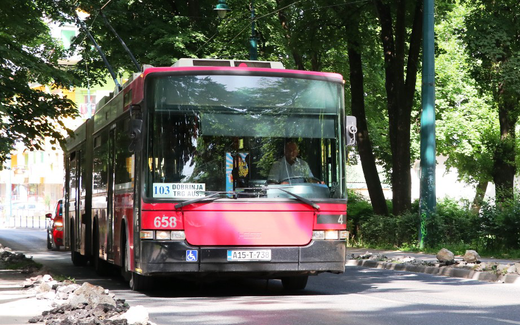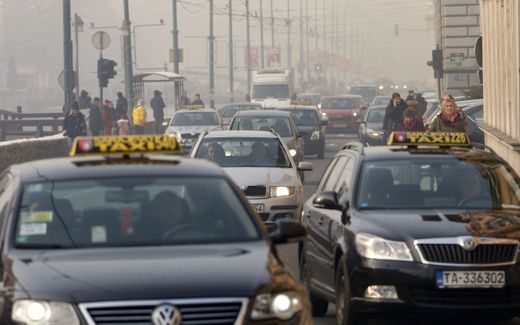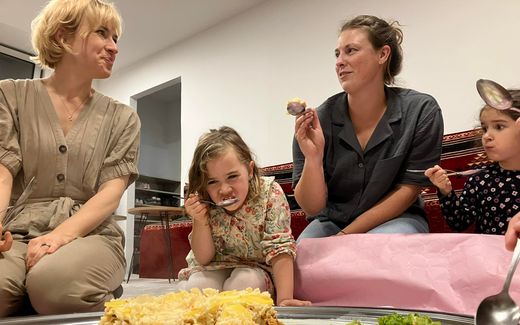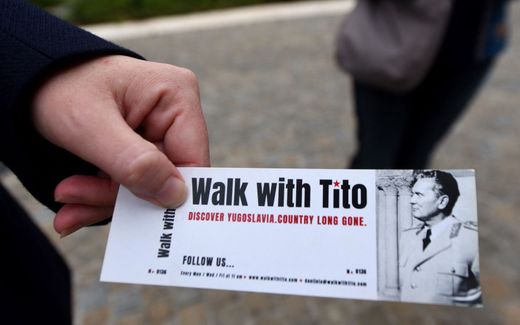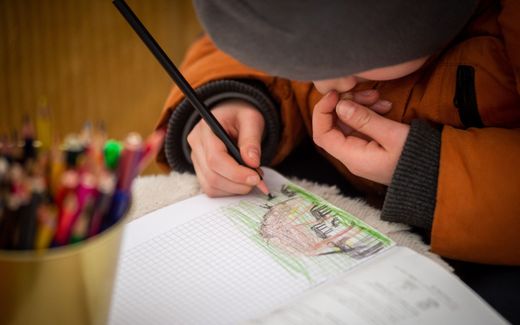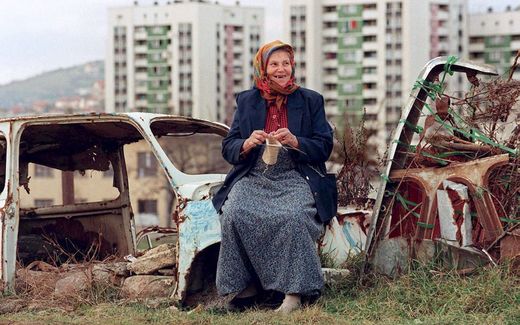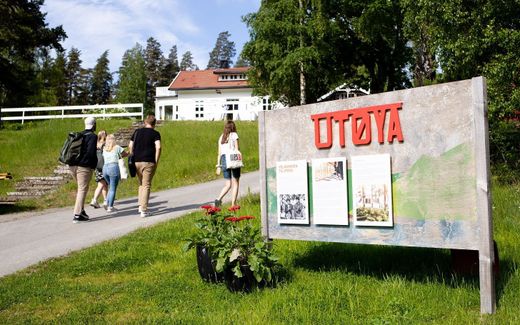Column from Sarajevo: Entering the EU’s waiting room gives hope for a better care system in Bosnia
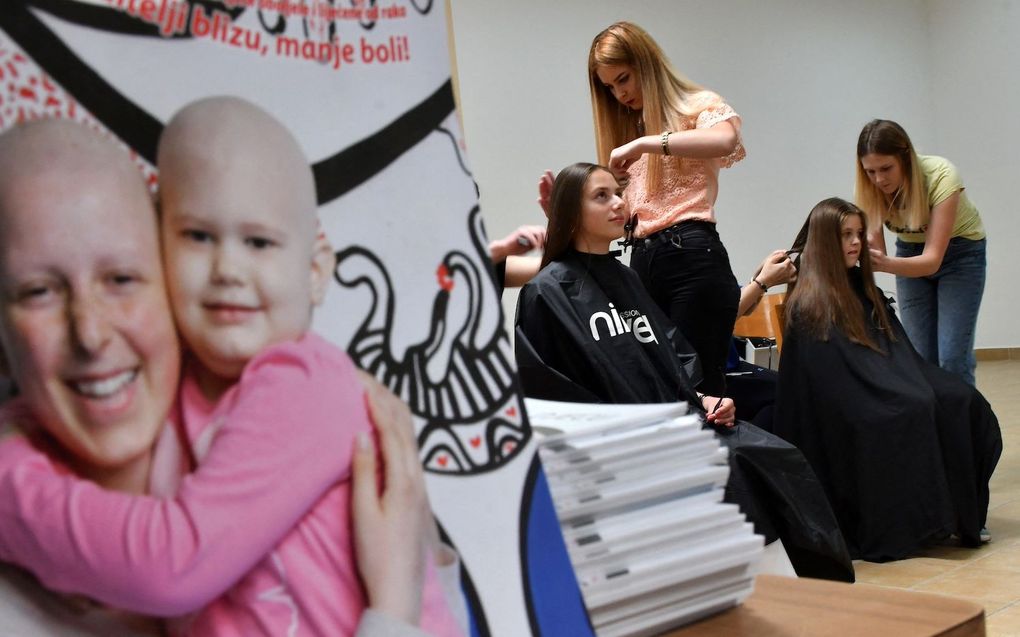
Hair donation for cancer patients in Bosnia. Photo AFP, Elvis Barukcic
Christian Life
This week, Bosnia took one step toward the European Union. Just a little step, since membership is a long journey. Still, it gives hope to our columnist Mirela Popaja. One day, medical care may be standard in my country, she says.
Wednesday is a special day for me. Most Wednesdays, I try to wake up earlier, drink coffee, and read a little while my 6-year-old daughter is still sleeping, then say goodbye to her as she leaves with my husband for daycare.
Life looks easy and beautiful when I watch her in her little yellow boots talking about trading Pokemon cards and seeing her favourite friends. I try to imprint her sweet baby face in my memory in those moments, being perfectly aware she is growing so fast.
Yes, Wednesday is special because it is the day I volunteer as a psychotherapist at a local centre that helps women with breast and gynaecological cancer. My hours pass, sitting with them as they tell me about their lives.
Some of them divulge in detail how their cancer started. Others share with me who was there to shave their heads during chemo. Sometimes, we talk about what it means to be a woman who no longer has a breast or uterus. The topic of identity and culture pops up often. What is society’s expectation of us as women now?
They talk about their children, spouses, and friends who have supported them. They also talk about their friends who got scared somewhere along the way and didn’t know how to support them well, so they stopped communicating with them. The pain of loss and grief is ever-present.
One thing that I’ve found common to all of these women is that they all carry their entire families on their backs, alone. The most common sentence is: “I did it all by myself; everything was on me.” We talk about that as well, and how it is okay to ask for help, divide your burden, and accept the fact that we are all human with imperfections.
I hesitate to write this, but I still do it: What strikes me the most is talking with these women about medical care in Bosnia and Herzegovina (BiH). Or, I should say, the lack thereof. Oncology patients in BiH, for the most part, are left alone to figure out how to receive appropriate treatment. The public system needs doctors with expertise, proper medication, and basic equipment. The waiting lists for appointments and surgeries are so long that patients wait months to be seen.
There are private clinics, too, but those are very expensive, and most of my clients are already in huge debt paying off their treatments. Their cancer seems not to be just attacking the cells inside their bodies but every component of their lives, wherever they go. The impotence of the Bosnian medical system is just the final stage of metastasis.
And to top it all off, cancer patients do not receive any psychological support. One client told me that her doctor saw her for 10 minutes, told her she had breast cancer and barrelled on with the following medical steps she had to take for her treatment. She said she sat there in shock, desperately wanting to receive empathy, a friendly face, or at least a kind word.

Sitting and listening to these women’s stories makes me angry and powerless simultaneously. I still, to this very day, can’t quite fathom that I live in a country that lacks support for individuals in their hour of need. I am thankful for my therapist and supervisor, where I can divulge my own struggles.
EU membership
The media these days are filled with news of how BiH is now eligible to start conversations with the EU about joining. The public receives this with no particular enthusiasm because people have frankly grown tired of this rhetoric, aware that it might take years before anything actually happens. If anything ever happens at all.
To me, though, the mere potential of being connected to the EU comes as a glimpse of hope that –maybe one day– my clients will be able to receive the help they need. That the day will come when it is normal to go to the hospital, receive treatment with no or little cost, receive mental support together with physical, have all the necessary medication they need, and one day maybe even come out of their situations knowing that cancer was but just one episode in their lives. That life is again worth living, and laughter is a sweet motivation to keep living.
Indeed, Wednesdays are hard, and they are beautiful. I intentionally take time to slow down to appreciate my family and the stillness of the morning. Then, I get to be part of the strong, courageous stories of women who have so much to teach me about life and perseverance in the hardest times.
One day, they may not need me as a therapist so much because they are already given the care and support they need. But in the meantime, I sit with these incredible women and look forward to next Wednesday.
Related Articles



